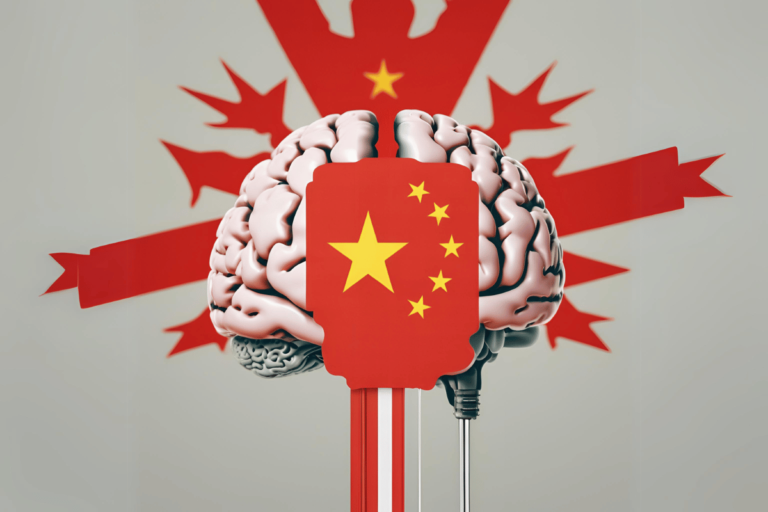China has unveiled a proposal to establish a technical committee for brain-computer interface (BCI) standards within its Ministry of Industry and Information Technology (MIIT). The plan aims to guide the development and regulation of BCI technologies, similar to those developed by Elon Musk’s Neuralink.
The proposal, announced by the Ministry of Science and Technology, sets out a framework for creating and refining standards essential to the field of artificial intelligence. These standards will cover a range of aspects, including brain information collection, data communication and the application of artificial intelligence in various sectors such as health, education and consumer electronics.
BCIs are a relatively new field of technical research in which brain signals are used to control an external device, such as a robotic limb. Neuralink Corp., co-founded by the Tesla billionaire in 2016, is working on an implantable device and is looking for people with quadriplegia to participate in a clinical trial, according to its website.
In April, Chinese state-owned Beijing Xinzhida Neurotechnology developed a brain implant called Neucyber, which was tested on a monkey and allows it to control a robotic arm with its thoughts. The technology was “independently developed” and is China’s first “high-performance invasive BCI,” according to the official Xinhua news agency.
The ministry is seeking public opinion on the issue, and responses are expected by July 30.
Why is China competing with Neuralink?
The government’s announcement indicates China’s intention to “accelerate the development of similar technologies to compete with Western competitors like Neuralink” after primarily focusing its efforts on academic research.
Chinese President Xi Jinping has urged China to “accelerate its national innovation” because of other countries’ dominance in some strategic technologies. Specifically, Beijing is investing billions of dollars in its semiconductor industry as the United States considers new restrictions on China’s access to microchip technology.
By establishing clear standards and fostering a collaborative environment between industry, academia and government, the country hopes to enhance its capabilities in this emerging field and potentially compete with leading global players like Neuralink.
Featured Image: Canva


